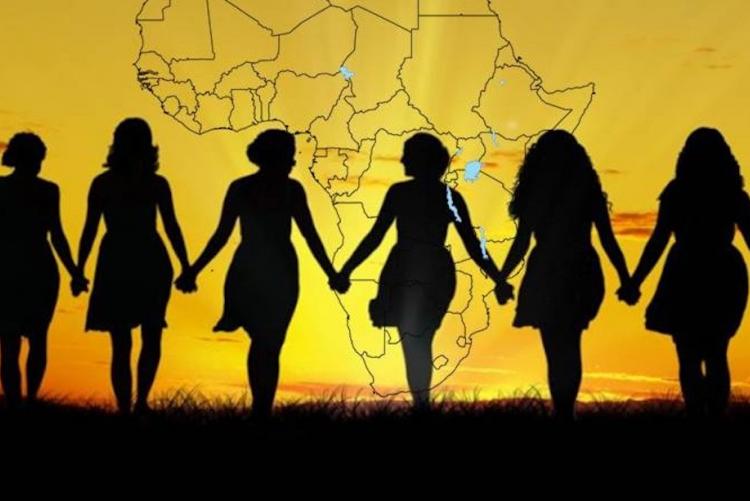Thursday, October 26, 2023, was the first day of the 6th Annual Conference on the Status of African Women which was virtually convened on Zoom. The event was part of the research week that was held by the University of Nairobi. The conference focused on the theme; harnessing women's knowledge, experiences, and contributions towards sustainable development goals.
Setting the agenda for the conference was keynote speaker Dr. Naomi Lumutenga, the Executive Director for Higher Education Resource Service-East Africa (HERS-EA). While delivering the keynote presentation, she urged women to take advantage of the indigenous knowledge that the older generation of women have. She questioned the audience, ‘Do you have a role model? Have you ever interviewed them? She noted, these older women have so much knowledge that more often than not, they die with it. Dr. Lumutenga was explaining how indigenous knowledge is one of the ways that researchers can get research data. She also urged all the women researchers to identify and plug in and play key roles in women empowerment.
“Women supporting each other in Unity will result in others supporting them, equating to development in the long run” These were words echoed by Masumi Odari, a lecturer at the University of Nairobi as she gave her remarks. Masumi Odari said, "Empowerment comes from within, and the belief in one's inherent potential can act as a catalyst for change in society and the world at large”. She encouraged women to tap into their Budda nature as it is important in empowering them.
While addressing the theme of women's Health; syndemics and post-pandemic, mental health, reproductive health, and public health and calamities in break out room 1, Rael Kukule Akoru, Principal of Public Health officer for Turkana addressed menstrual health and hygiene among the nomadic pastoralists women and girls during migration to pasture and water towers along international borders. “Turkana has been misunderstood, its cultural beliefs are attached to everything they do, and government policies are enforced without this consideration. These women hide just to exercise their beliefs like FGM” her sentiments as she highlighted the struggles of women and girls during the menstrual cycle and advocated that governments give this topic a higher level of research if they want to help Turkana women move towards sustainability.
Moreover, Eva Abel, a graduate from a medical institute in Geneva added that “Patriarchy is the leading cause of Gender Based Violence. There is a lot of silence on matters GBV with women not being able to liberate themselves" she commented as she leads a discussion on pastoral responses to GBV in Kenya.
“Prior to the establishment of WRAPA and the IFL project in 2006, women’s rights in N.Nigeria were almost non-existent” Habiba Ahmed with WRAPA Nigeria highlighted as she presented her paper on how women’s groups turn religion into an asset through a partnership with Gatekeepers for norm shift to improve gender equality. She urged religious leaders to be aware of all women's rights and popularize them in their sermons to put women in spaces where they can contribute towards sustainable development.
Winding up the conference was Caroline Rugendo, a lecturer at Daystar University as she delved into the experiences of women in church service and how women should be elevated to spaces that allow them to hold senior positions in churches. “Encouraging women to serve in equal capacities as men without limiting them will lead to a transformative and inclusive path towards a resilient and sustainable future” These were Caroline Rugendo’s insights on women’s contributions towards sustainable development in Kenya to climax the conference.
These and many more research papers were presented on the status of African Women. All stakeholders and members present were applauded for their collaborative efforts and input in Harnessing Research for Resilience and Sustainability of Community and urged to continue embracing that spirit towards the sustainable development goals.

